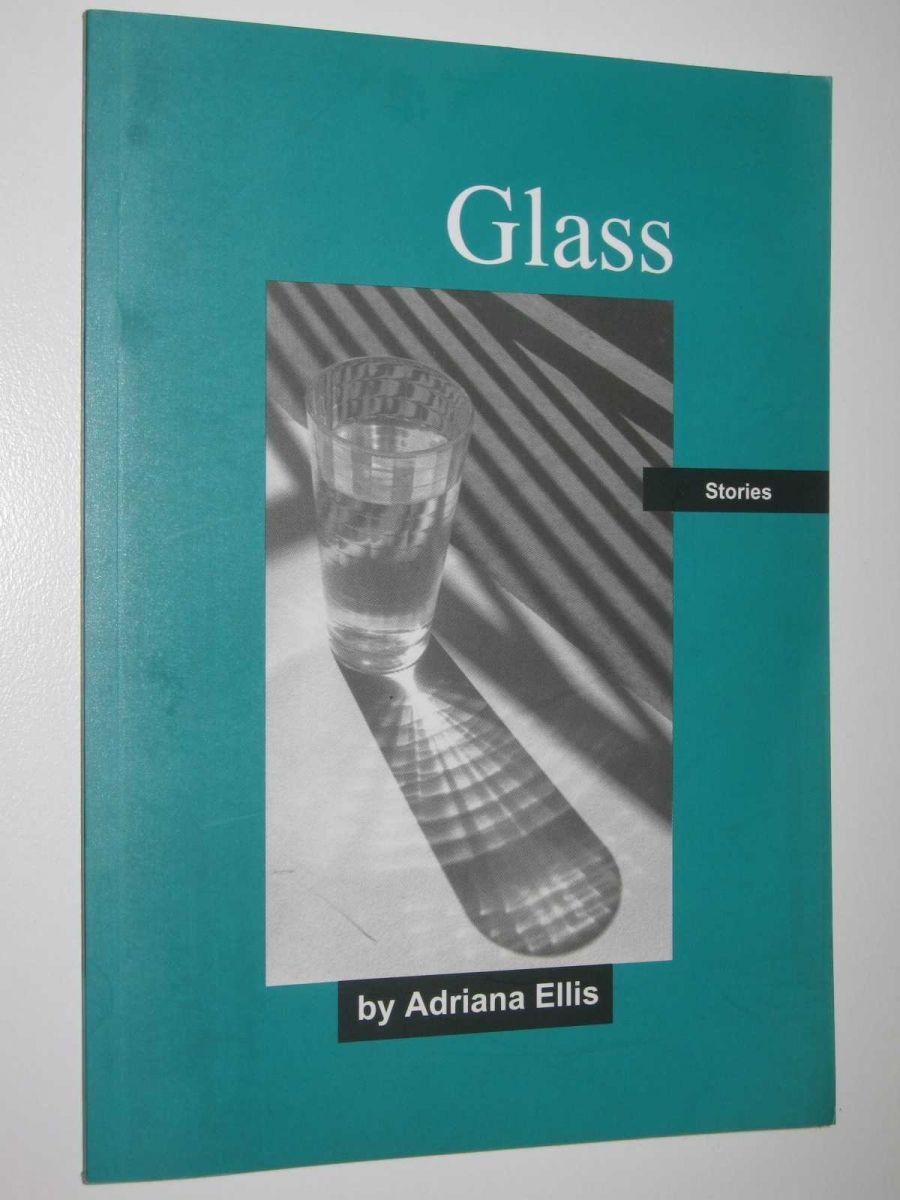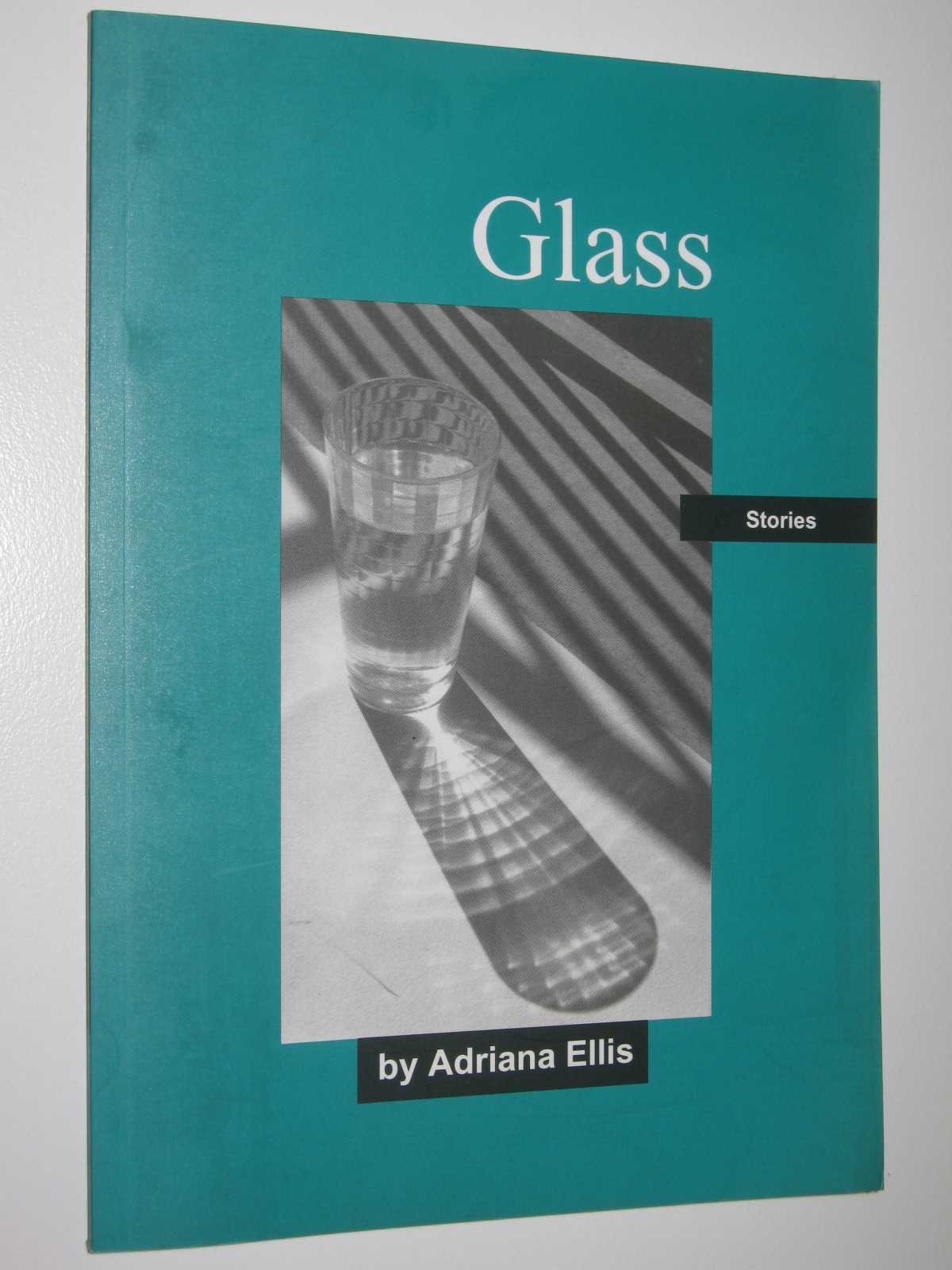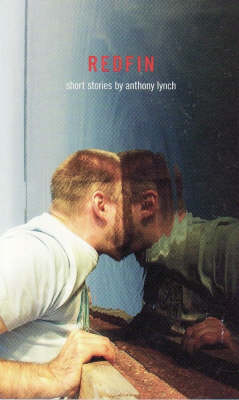
- Free Article: No
- Custom Article Title: Quickening brevity
- Review Article: Yes
- Article Title: Quickening brevity
- Online Only: No
- Custom Highlight Text:
Australian publishers rarely risk bringing out collections of short fiction from writers who haven’t already made their names with novels. Neither of these writers is unknown, of course: Adriana Ellis has long been admired for the comic insights and the spare power of her fiction, her previous collection Cleared Moments Clear Spaces having appeared with FACP in 1990; while Anthony Lynch enjoys an increasingly strong reputation as a poet, fiction writer, literary editor and publisher. The shame is that these collections, piquant in their stylish brevity, reverberative far beyond their modest slimness, have not attracted the notice they deserve.
- Book 1 Title: Glass
- Book 1 Biblio: Ginninderra Press, $20 pb, 110 pp
- Book 1 Cover Small (400 x 600):

- Book 1 Cover (800 x 1200):

- Book 2 Title: Redfin
- Book 2 Biblio: Australian Scholarly Publishing, $24.95 pb, 157 pp
- Book 2 Cover Small (400 x 600):

- Book 2 Cover (800 x 1200):

Both books are marked by a wryly melancholic post-millennial perspective, and show how an accretion of small moments can bring a life to a critical edge, without melodramatic emphasis, without reaching a plangent ‘narrative point’ or flooding epiphany. Here we are more likely to see a shift in light, a dawning resolve to try again, or a cramping dread that the show may already be over. Frequently, by story’s end, we are still poised on the threshold of risk, but seeing choice as a possibility, where a moment ago all seemed to be mortal gridlock.
The constraints of short fiction suit characters and situations dominated by ‘an impression of shrinkage’, as Ellis puts it. She knows, like Elizabeth Bowen, that ‘nothing happens nowhere’, and is able in a few strokes to suggest rural or suburban scape, and through a desolated beauty – with, say, the ‘glitter of salt’ – glimpses of a wider ecocidal history, all without any sustained scene setting or overt political commentary. Her characters come from a wide generational and class range: like an ageing Alice, a widow contemplates the shrunken world of the retirement village where she has consigned herself; kids in a Fremantle share-house are distracted by dope and casual sex from the suicidal silence at their midst. A daughter who rebels through educational aspiration against her ‘loser bitch’ mother repeats the mother’s story in teenage pregnancy. Wives and husbands are subject in the midst of good marriages to the ache and flare of wild desire. A happy rural woman screens herself by acts of domestic devotion and imaginative flight through the bus rides of girlhood from the menace of breast cancer; and finally, in the magnificent closing story, ‘The Underground River’, which achieves a superb integration of inscape and landscape, a parched man in increasing distress walks home from his open-plan office. Here, Ellis achieves what her character’s phrase suggests in her perfect mapping of ‘outward drive’ with ‘inner pull’: the two propensities intersect in dire thirst and the answering dream of restorative flow, and are brought into a moving and resonant transfusion. The Noongah Wagul dreaming traced by the underground river and the depletions of white freeway dreaming come together as the man lurches towards hearth or heart attack – the reader can only wonder – as do the peak hour drivers. But unlike their blurred impression of a drunk staggering, the reader finds in Ellis’s limpid art a sense of real wonder before what Arnold Bennett called the ‘magnificent commonplace’ as the domain elect of the short story.
Anthony Lynch also manages the form with canny suggestiveness and some unforgettable black humour of voice and observation, but, like Ellis, he can achieve immense poignancy in a few pages, as in his devastating ‘Prickly Pear’. His characters often become fugitives, seeking to avoid commitment or the lure of malevolence; but unlike Ellis’s, they frequently succeed in flight. The first sentence of ‘The Argument’ sounds one of the work’s major motifs, the vicariousness and obliquity of urban and urbane living. It also artfully suggests much about the performative nature of the voice in this short fiction: ‘A voice moved along the balcony, bounced off a wall at the far end and took a side step.’ Likewise, Lynch’s voice moves with the grace of the cat burglar. Often, through eavesdropping or spying on others, his characters locate the trouble in their own lives: a breach opens in the daily, and the poison of doubt is infused. The ‘stable’ couple’s sofa proves to be only a marker of passage, returned at the first story’s end to the Camberwell Market from whence it came. Watching his young lover reverse in his ‘tin can’ of a car, a man sets off in his partner a paranoid rave. How dangerous the infusion of the unsaid is in situations of pressure: ‘When your mother rings the world turns on a different axis. It’s plain she hates me […] She hates me. I can see it in her eyes. I can’t pour a cup of coffee without her watching me do it. She’s got a son who’s the same.’ In ‘Abacus’, a rehearsal of separation is triggered by watching two lovers at a tram stop: The traffic ‘would ebb and flow as we take the corner while you, decommissioned, stand where the 112 had a moment earlier been’. The application of ‘decommissioned’ to ‘you’, the isolating effect of the commas, and the placement of the past participle ‘been’ at story’s terminus make the sentence a marvellous enactment of severance.
Rather than importing metaphors to the dramatic action, Ellis and Lynch, as imaginative realists, draw from their characters’ immediate situation, giving a singular acuity to a casual image and keeping the reader engrossed; neither writer indulges in the trickster’s sleight of hand to bring story to a point; rather, mastering quickening brevity, both conjure an enduring sense of capaciously reimagined experience.


Comments powered by CComment